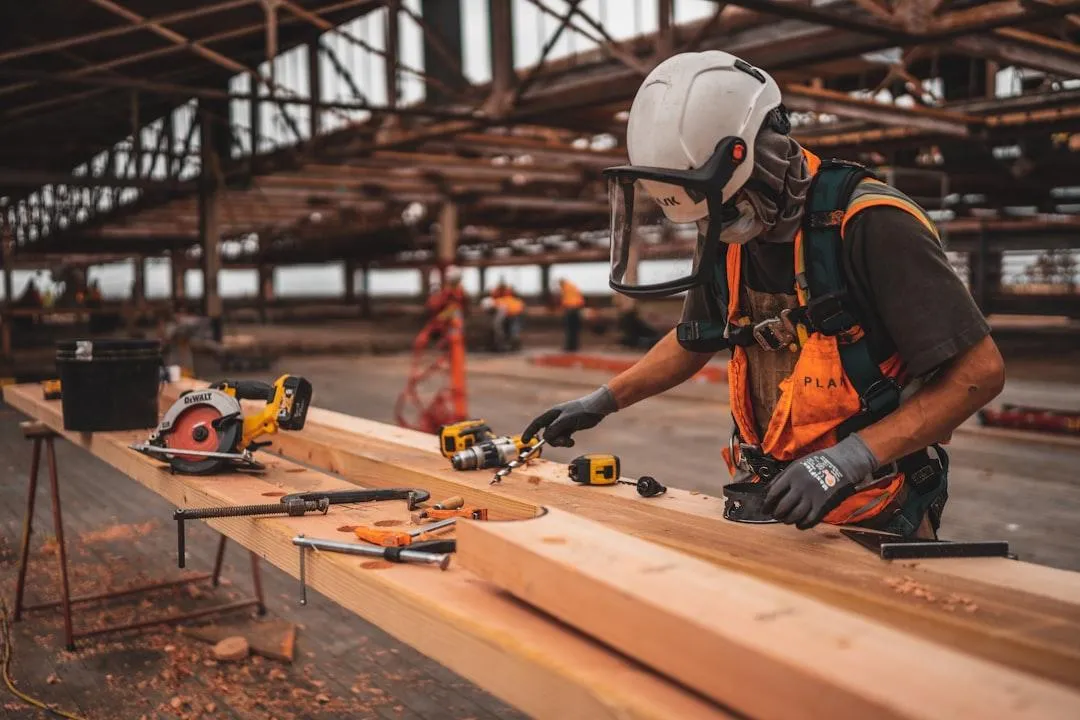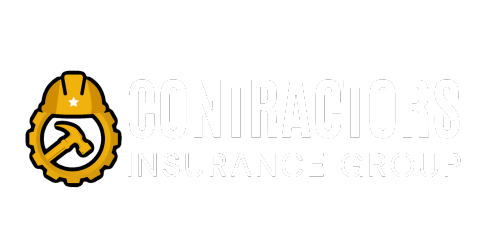What is Inland Marine Insurance and Why is It Important for Contractors?
In the world of construction, tools and equipment are your lifeline. Whether you're hauling gear to a job site or storing it in your truck overnight, unexpected loss or damage can bring your project—and your profits—to a halt. That’s where inland marine insurance comes in.
What is Inland Marine Insurance?
Despite the name, inland marine insurance has nothing to do with the ocean. Historically, it evolved to cover goods transported over land—by truck, rail, or even by hand.
Today, it’s essential for businesses that move, store, or use valuable equipment away from a permanent location. For contractors, this is a critical part of a comprehensive insurance plan.
Also known as contractor equipment insurance or tools and equipment insurance, inland marine policies are designed to protect your mobile property wherever it goes.


What Does Inland Marine Coverage Include?
Inland marine coverage fills in the gaps where general property policies fall short—specifically for tools and equipment that travel with you. Here’s what it typically covers:
Theft of Tools from a Job Site or Vehicle
If your gear is stolen from your truck or job trailer, inland marine insurance helps cover the loss.
Damage from Fire, Vandalism, or Accidents
Fires, falling debris, or even accidental drops can wreck expensive tools. Inland marine coverage steps in where warranties don’t.
Equipment in Transit or Stored Offsite
Whether it's a skid steer or a power drill, your equipment is covered even if it’s sitting at a job site overnight.
Rented or Leased Equipment
If you’re renting tools or machines for a specific job, this policy ensures you're not left footing the bill if something goes wrong.
Why Contractors Need Inland Marine Insurance
As a contractor, your gear is always on the move—and often in high-risk environments. Without tools insurance or work tool insurance, one accident or theft could set your business back thousands.
Here are a few real-world scenarios that highlight the importance of inland marine insurance:
Job Site Theft: You leave your trailer on-site overnight. By morning, your power tools and laser level are gone. Without coverage, replacement costs come out of your pocket.
Damaged in Transit: On your way to a job, your ladder rack fails and expensive roofing tools hit the highway. General liability won’t cover it—but inland marine will.
Fire at a Storage Unit: You store extra equipment in a rented unit. A fire breaks out, damaging everything. Inland marine covers off-site storage losses, too.

Protect Your Tools—and Your Business
Every contractor knows that without the right tools, the job doesn’t get done. But what many don’t realize is how vulnerable their equipment is to loss or damage until it’s too late. Inland marine insurance—also known as contractor equipment insurance or tools and equipment insurance—offers the financial protection you need to keep working, even when the unexpected happens.
Don't let a missing drill or a stolen generator put your business on hold. Ask your insurance provider about inland marine coverage and make sure your tools are as protected as your reputation.
FAQS
Do Contractors Need General Liability Insurance?
Yes, most contractors should carry general liability insurance. It protects your business from costly claims related to property damage, bodily injury, or accidents caused by your work. Many clients and job sites require proof of general liability insurance before allowing contractors to begin work, making it essential for both compliance and peace of mind.
What Does Commercial Auto Insurance Cover for Contractors?
Commercial auto insurance covers vehicles used for business purposes, including work trucks, vans, and equipment-hauling trailers. It helps protect you from financial loss if your vehicle is involved in an accident, causes property damage, or injures someone while being used on the job. It often includes liability, collision, comprehensive, and uninsured motorist coverage options tailored to your needs.
Is Workers’ Compensation Insurance Required for Contractors in Texas?
While workers’ compensation insurance is not legally required for most private employers in Texas, that doesn’t mean it's optional from a risk standpoint. If an employee is injured on the job, you could still face a costly lawsuit without this coverage. Workers’ compensation provides financial protection by covering medical expenses and lost wages, and it can also protect your business from legal claims. For Texas contractors, it’s a smart and often essential part of a solid risk management plan.

